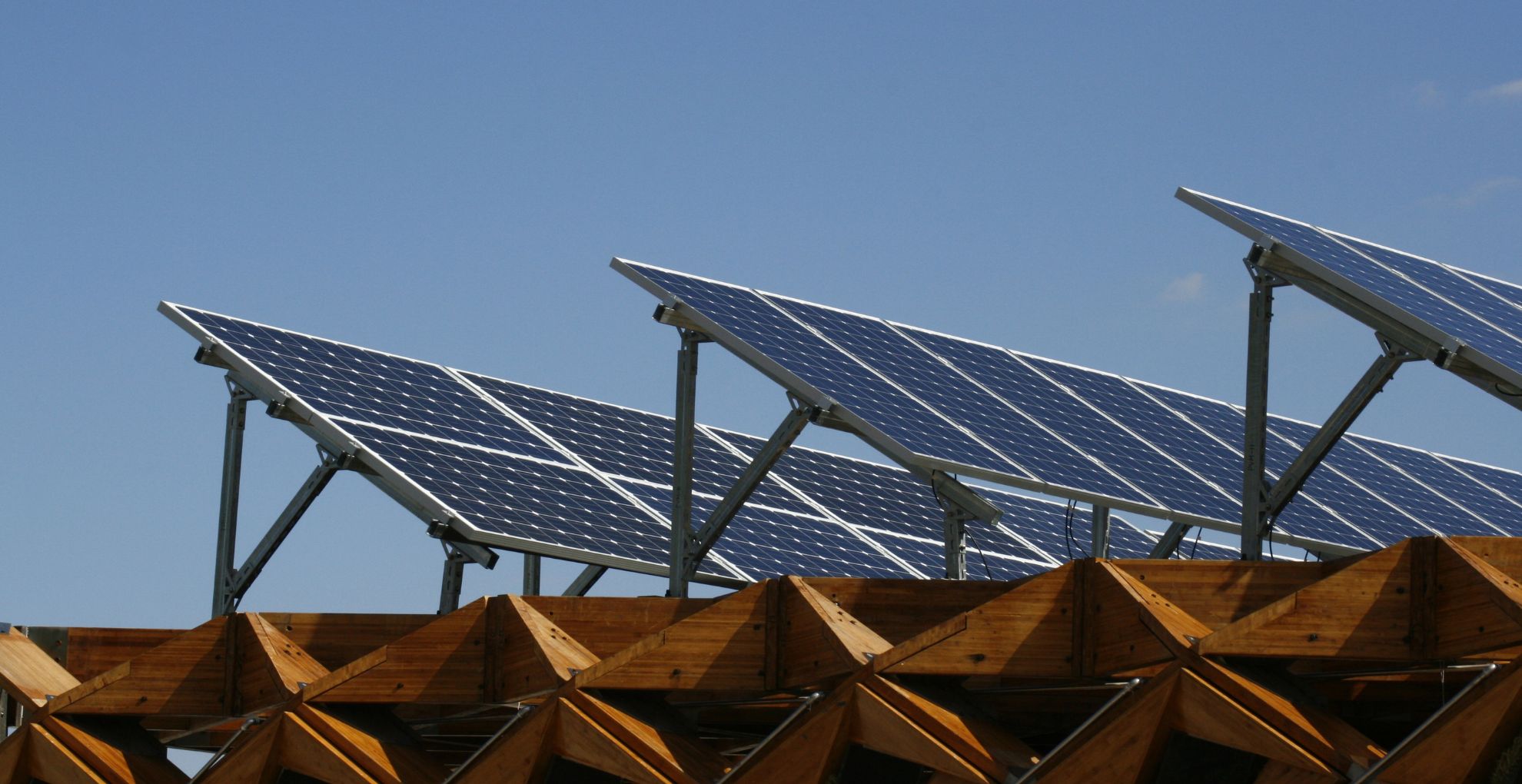For millions of homeowners, switching to solar is more than a trend—it’s a lifestyle upgrade and a long-term investment in sustainability. But for those living in communities governed by homeowners’ associations (HOAs), the path to cleaner energy can be unexpectedly complicated. Between dense permitting paperwork and restrictive HOA covenants, even the most eco-conscious homeowner can feel stuck.
So, how do you turn a potentially stressful situation into a success story? In 2025, it’s all about preparation, communication, and knowing your rights. Whether you’re in the early stages of researching solar or already gathering quotes, this guide will walk you through how to overcome the most common barriers—so your panels don’t just shine in the sun, but in your neighborhood too.
Why Permitting and HOAs Matter in Solar Installations
The Rise of Solar Adoption in Residential Communities
Across the U.S., residential solar energy use is booming. More than 2 million homes are now powered by solar, and that number is climbing fast in 2025. Rising utility costs, generous tax incentives, and a growing awareness of climate issues have made solar installations a common choice for homeowners.
But as more people go solar, more HOA communities are being pulled into the conversation. In neighborhoods built to maintain uniformity and aesthetic appeal, solar panels often raise eyebrows, especially when they’re seen as architectural disruptions. That’s where the challenge begins.
Common Barriers Homeowners Face
One of the biggest frustrations homeowners report is the sheer red tape involved. Permitting delays can stretch from weeks into months. HOA boards may demand changes to the panel’s appearance or location, or deny your request altogether without a clear explanation.
Here’s what you might face:
-
Requests for panels to be hidden from the street or placed out of sight.
-
Application rejections due to concerns over aesthetics or property value.
-
Confusion over how local laws interact with HOA authority.
These roadblocks can make the process feel like an uphill battle. But don’t worry—there are proven ways to navigate them.
Understanding HOA Rules and Restrictions
What Are CC&Rs and Why Do They Matter
If your home is in an HOA community, the rules you need to follow are likely laid out in a set of documents called Covenants, Conditions & Restrictions—CC&Rs for short. These documents govern everything from lawn height to exterior paint colors. And yes, they often include policies on solar panel installations.
Before anything else, request a copy of your HOA’s CC&Rs. Pay close attention to sections about architectural changes, roof modifications, or energy systems. The language might be dense, but understanding these details is key to crafting an application that won’t get instantly rejected.
Types of HOA Restrictions
Some HOAs are solar-friendly, while others still view solar as a threat to neighborhood aesthetics. Restrictions often focus on:
-
The placement of panels (e.g., not visible from the front of the house).
-
The design or color of equipment.
-
Whether any electrical wiring is visible.
In a few extreme cases, older HOAs may include bans on solar entirely, though that’s becoming less enforceable.
Know Your Legal Rights in 2025
Here’s the good news: state and federal laws increasingly protect your right to install solar panels.
In California, for example, the Solar Rights Act limits how much an HOA can interfere. In other states, new legislation passed in recent years makes it illegal for HOAs to ban solar altogether. These “solar access laws” ensure that aesthetic objections can’t override a homeowner’s right to produce clean energy.
To understand your local legal standing, check the DSIRE database—a free, state-by-state guide to renewable energy policies.
Navigating the Permitting Process
What to Expect When Applying for a Permit
Even before you deal with your HOA, you’ll likely need a local government permit to install solar panels. This includes building permits, electrical permits, and possibly zoning approval. The exact requirements depend on your city or county, and timelines can vary.
You’ll need to submit technical drawings, equipment details, and energy output projections. Some municipalities have streamlined digital applications. Others still require in-person visits and multiple forms.
Tips to Streamline Your Solar Permit
Your best bet is to partner with a solar installer who knows the local terrain. Experienced contractors will:
-
Handle most of the paperwork for you.
-
Know the quirks of your city’s process.
-
Be able to predict approval delays or technical objections.
Some companies even offer permitting packages as part of their installation service, which can save you weeks of back-and-forth.
How to Get HOA Approval for Your Solar Panels
Step-by-Step Guide to HOA Approval
Getting your HOA’s blessing can feel like convincing a panel of judges. But with a solid plan, it’s doable.
Start by preparing a thorough application. This should include:
-
Detailed diagrams and photos showing where the panels will go and how they’ll look.
-
A site survey to prove your panels won’t spill over property lines or impact neighbors.
-
An energy savings analysis to show how much electricity you’ll generate and save.
-
Aesthetic considerations, like selecting low-profile black panels that match your roof, or using hidden wiring.
The more polished and compliant your application, the better your chances.
Effective Communication with HOA Boards
Before submitting your application, request an informal meeting with your HOA or its architectural review board. This gives you a chance to address concerns early and show you’re approaching the process respectfully.
When you speak with board members:
-
Avoid technical jargon.
-
Focus on mutual benefits, like boosting home values or reducing environmental impact.
-
Keep your tone positive and professional, even if there’s resistance.
Personal stories from neighbors who’ve installed solar successfully can also help ease concerns.
If Your Application Gets Rejected
Rejection doesn’t mean the end. It’s often the beginning of a dialogue.
Start by asking for written feedback outlining exactly why your application was denied. Address those concerns directly in a revised application. If necessary, you can appeal the decision—most HOAs have an official process for this.
In some states, mediation services are available to resolve disputes without heading to court. The key is to stay calm, persistent, and open to compromise.
Leveraging Experts and Building Community Support
Why Solar Professionals Are Key Allies
Don’t go it alone. Solar companies that specialize in residential projects—especially in HOA communities—are worth their weight in gold.
They can:
-
Customize designs to meet aesthetic requirements.
-
Provide documentation that strengthens your application.
-
Predict where problems might arise and offer workarounds before they become dealbreakers.
Look for certified companies with good reviews and local experience.
Gaining Neighbor Support
There’s power in numbers. If your neighbors are also interested in solar, you can work together to build momentum and push for more solar-friendly policies.
Here are a few ways to do it:
-
Host a Q&A session in your driveway or community center.
-
Share stories from other neighborhoods with successful solar installs.
-
Consider submitting a group application or starting a petition for policy updates.
When boards see support across multiple households, they’re more likely to take the issue seriously.
Legislative Updates You Should Know in 2025
State Laws Favoring Homeowners
Many states have recently introduced or updated laws that favor homeowners in the solar installation process. These include clearer limits on HOA interference and faster permitting requirements.
For example:
-
Texas now requires HOAs to accept solar applications unless panels pose a genuine safety or structural issue.
-
Florida prohibits blanket bans on solar and mandates that HOAs offer a clear appeals process.
Federal Incentives and Policy Shifts
The federal government continues to back solar with strong incentives in 2025. The Residential Clean Energy Credit covers up to 30% of installation costs, and more funding is being pushed toward local permitting improvements through the Department of Energy’s SolarAPP+ initiative.
These shifts are making solar more accessible—but only if homeowners know how to claim their rights.
Real-World Examples and Success Stories
Take Ashley in Arizona, for example. Her HOA initially rejected her solar request, citing concerns about “neighborhood uniformity.” But after she brought in a certified installer and revised her layout to blend better with her tile roof, the board approved it. Today, her panels generate 90% of her electricity, and her neighbors are lining up to do the same.
Or consider James in Florida. With the help of a knowledgeable solar company, he completed his permitting and HOA approval in just three weeks. His secret? A flawless application, paired with a supportive neighborhood chat group that vouched for the benefits.
Final Tips for Smooth Solar Installation in HOA Communities
Going solar while living under HOA oversight might not be as simple as scheduling an install, but with the right strategy, it’s far from impossible. Remember to:
-
Read your HOA documents carefully.
-
Partner with seasoned solar experts.
-
Be respectful and strategic in your communications.
-
Learn from neighbors and advocate together when possible.
The result? Clean energy, lower bills, and a home that works smarter, not just harder.
FAQs: Permitting & HOAs for Solar Panels in 2025
Can my HOA legally stop me from installing solar panels?
Not in most states. Many have laws protecting your right to solar. However, HOAs may still impose reasonable restrictions related to aesthetics or safety.
How long does the permitting and HOA approval process take?
Depending on your location, it may take 2–8 weeks. Working with professionals can speed things up significantly.
What happens if my HOA denies my request?
You can appeal, revise your application, or pursue mediation. In some cases, legal intervention may be necessary, but that’s often a last resort.
Are solar installations increasing property values in 2025?
Yes! Solar-equipped homes are increasingly in demand and often sell faster and at higher prices than comparable homes without panels.
Let your solar story be a success, not a struggle. With preparation, patience, and the right partners, you can navigate the maze of permitting and HOA rules in 2025—and come out with clean energy shining on your rooftop.
For more tips and information, check out our solar energy latest articles on our website and start planning your next home upgrade with confidence.






